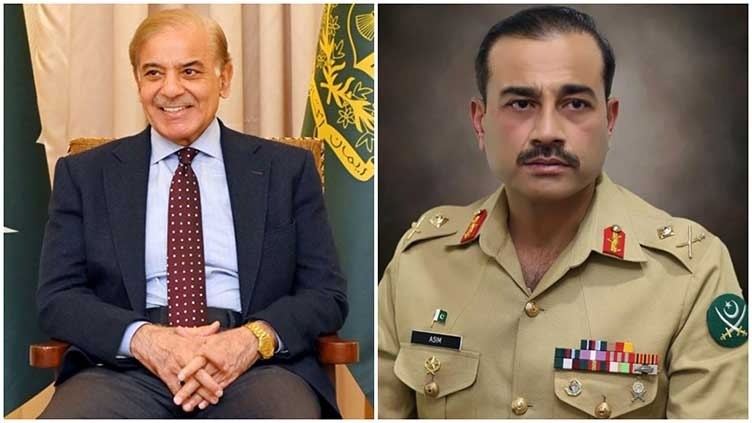Prime Minister Shehbaz Sharif, Army Chief General Asim Munir, and Nobel laureate Malala Yousafzai are among several Pakistanis featured in the 2025 list of the “500 Most Influential Muslims.” The annual publication, known as “The Muslim 500,” highlights the most impactful Muslim figures globally.
Published by the Royal Islamic Strategic Studies Center in Amman, Jordan, the list evaluates individuals based on their cultural, ideological, political, financial, or other contributions to the Muslim Ummah. It has been released annually since 2009, recognizing those who significantly influence the global Muslim community.
This year, the publication features a diverse group of Pakistanis, including leaders, philanthropists, and prominent figures excelling in various fields.
About Prime Minister Shehbaz Sharif, the publication noted his rise as the 24th Prime Minister of Pakistan in March 2024. It mentioned his tenure as the 23rd Prime Minister (2022-23) after leading a no-confidence motion against former PM Imran Khan. Shehbaz Sharif’s long political career, including three terms as Chief Minister of Punjab and his role as the President of the Pakistan Muslim League, was also highlighted.
The list also includes Pakistan’s Army Chief General Asim Munir. The publication praised his scholarly and religious background and recognized him as the first Hafiz Qur’an to hold the position of army chief in Pakistan’s history. His service as the head of both of Pakistan’s premier military intelligence agencies was also acknowledged.
Former Prime Minister Imran Khan received an honorary mention. Prominent Pakistani religious leaders on the list include Mufti Muhammad Taqi Usmani, Maulana Tariq Jameel, Maulana Nazur ur-Rahman, and Muhammad Ilyas Attar Qadri. Their contributions to religious education and global influence were recognized.
Other notable Pakistanis featured include Nobel laureate Malala Yousafzai and acclaimed filmmaker Sharmeen Obaid-Chinoy. The list also honored Abida Parveen, the “Queen of Sufi Mystic Singing,” and Na’atkhuwan Owais Raza Qadri for their cultural impact.
Humanitarian Professor Dr. Adibul Hasan Rizvi was praised for his outstanding work in healthcare. As the head of the Sindh Institute of Urology and Transplantation (SIUT), Dr. Rizvi has established Pakistan’s largest free health organization. Founded in 1971 as an eight-bed unit, SIUT now provides comprehensive services in urology, nephrology, transplantation, and liver-related diseases.


